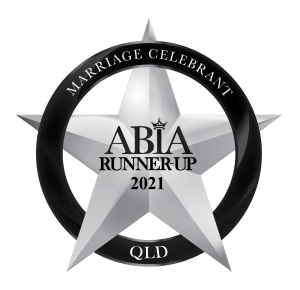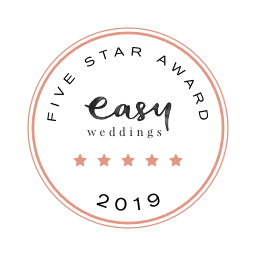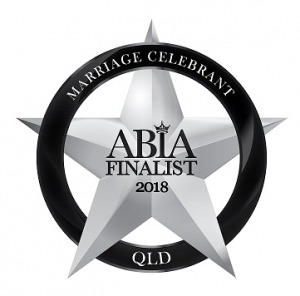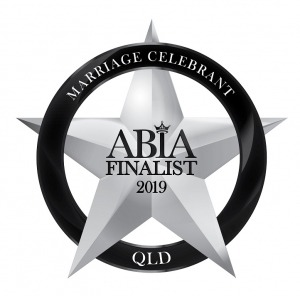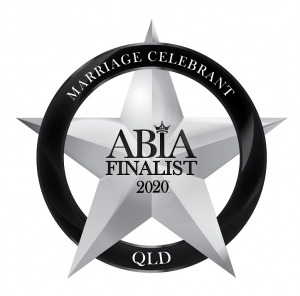Getting married in Australia …the legal requirements made simple

Australia is a popular destination for people wanting to get married, whether it be a local resident or a foreigner. If you are getting married in Australia, here are the key things you need to know about the legal requirements. Here are the key things you need to know about the legal requirements. These elements are the same in legals only/paperwork weddings, elopements or an all the bells and whistles wedding ceremony.
Legal Age Requirements When Getting married in Australia
When getting married in Australia, the legal age to get married is 18 years old. However, if you are 16 or 17 years old, you can still get married with parental consent and a court order. It’s important to note that same-sex marriages are also recognized and legalized in Australia.
Notice of Intended Marriage (NOIM)
Before getting married in Australia, both parties need to submit a Notice of Intended Marriage (NOIM) form to an authorized marriage celebrant at least one month before the wedding date. This can be done in person or through mail if you are not in Australia. I’d encourage you to discus this with an authorized marriage celebrant who can help you.
Required Documents When Getting Married in Australia
When submitting the NOIM, both parties will need to provide certain documents. These include proof of identity such as a birth certificate and driver’s license or passport. If applicable, you need to provide evidence of divorce or death of a previous spouse. These documents must be translated into English if they are in another language.
Witnesses
During the wedding ceremony, you will need two witnesses over the age of 18 to sign the marriage certificate. They can be family members or friends, and they do not necessarily have to be Australian residents.
Marriage Celebrant
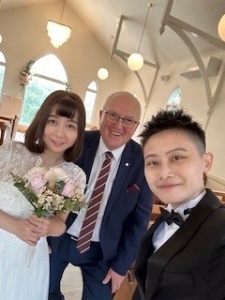 When getting married in Australia, only authorized marriage celebrants can perform legal weddings. These include religious ministers (who are authorised to marry), civil marriage celebrants, and some state-registered officers. Make sure to choose an authorised celebrant and confirm their availability for your desired wedding date.
When getting married in Australia, only authorized marriage celebrants can perform legal weddings. These include religious ministers (who are authorised to marry), civil marriage celebrants, and some state-registered officers. Make sure to choose an authorised celebrant and confirm their availability for your desired wedding date.
Separate Meetings – obligations under the Marriage Act 1961
From 12 June 2024 all authorised marriage celebrants are required under the Marriage Act 1961 (the Marriage Act) to meet with each party to the marriage separately and in person before they solemnise the marriage.
Why?
- Real consent is the cornerstone of the Marriage Act.
- As has always been the case, an authorised marriage celebrant – must be satisfied that each party to the marriage is providing real consent before the marriage is solemnised. This obligation has not changed.
- A court may find a marriage to be void where the consent of either of the parties is not real consent.
- Under the Marriage Act 1961, a person’s consent to a marriage is not real consent if it was obtained by duress or fraud; a party is mistaken as to the identity of the other party or the nature of the ceremony performed; or a party does not have mental capacity to understand the nature and effect of the marriage ceremony.
Shortening of Time
In certain circumstances, couples can apply for a “Shortening of Time” to waive the standard one-month notice period for the wedding. To qualify, applicants must demonstrate exceptional circumstances such as employment-related or health reasons, wedding or celebration arrangements that cannot be changed, or legal matters. Approval is at the discretion of the prescribed authority and requires providing comprehensive evidence to support the request. You will need the assistance of an authorised Celebrant to apply for a “Shortening of Time”.
Registration of Marriage
After the wedding ceremony, your marriage celebrant will provide you with a “ ceremonial” certificate of marriage, This needs to be signed by both parties, the celebrant, and the witnesses. This certificate does not satisfy all aspects of legal proof of your marriage. Your authorised celebrant will register your marriage with the Registry of Births, Deaths and Marriages in your State. Your celebrant can advise you or assist in applying for an “official” marriage certificate that can then be used as proof of marriage.
Changing Your Name
In Australia, there is no legal requirement for a person to change their last name after getting married. However, if you choose to do so, you can use your “official” marriage certificate as evidence to change your name on official documents such as your driver’s license, passport, and bank accounts.
Conclusion When Getting Married in Australia
Getting married in Australia is a simple process with the right paperwork and planning. Remember to start the process early by submitting the NOIM at least one month before your desired wedding date. Most importantly, enjoy this special moment with your partner and loved ones. So, make sure to choose a celebrant who shares your vision for the ceremony and can help make it memorable for you and your guests.

